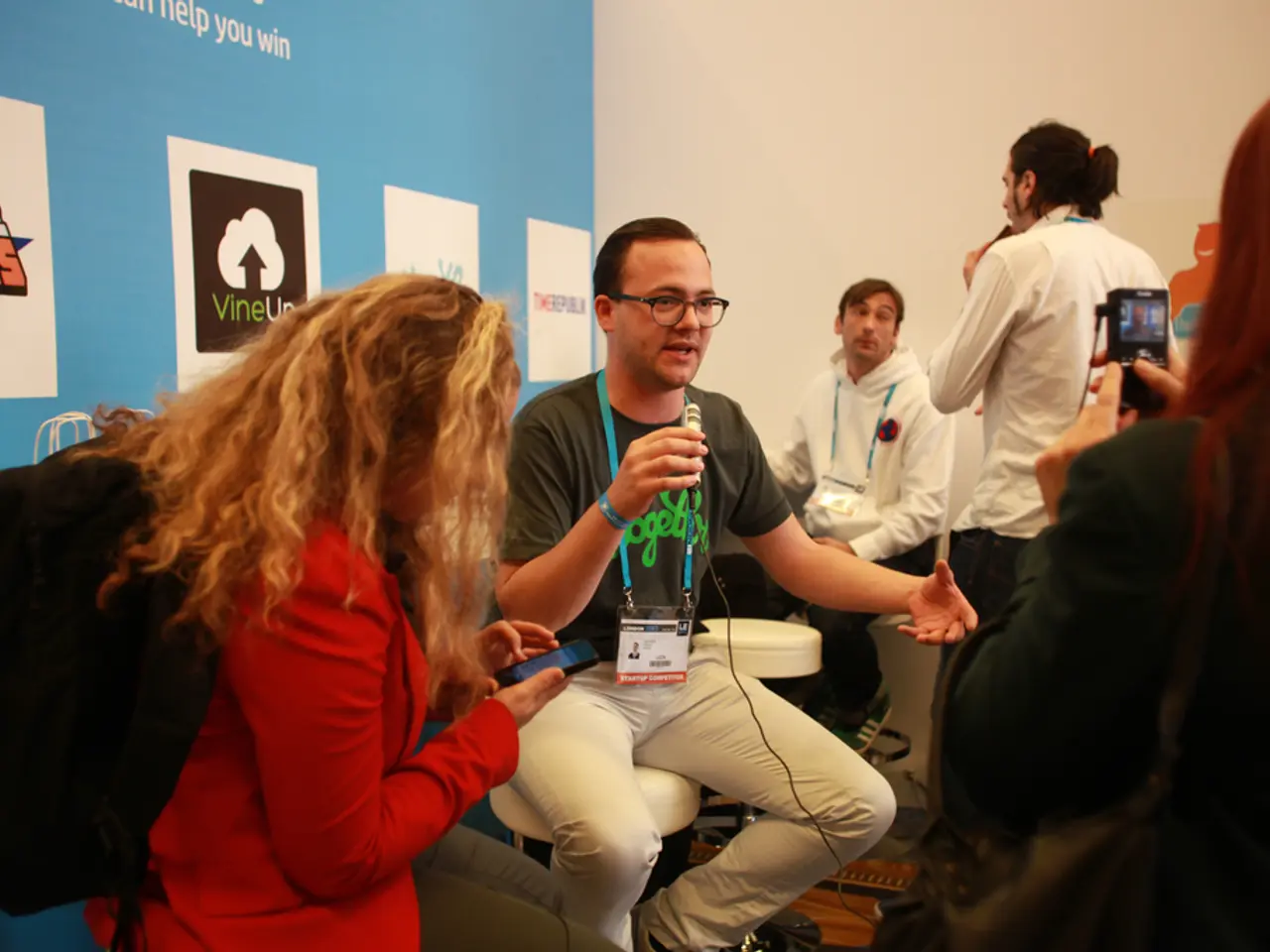Guide for Crafting Resume-Winning Impacts
Article Title: Optimizing Your CV for Success in the AI-Driven Job Market
In today's competitive job market, crafting an effective Curriculum Vitae (CV) is more important than ever. With companies in Sofia, Bulgaria, such as Dreamix, Innowise, and Scopic, increasingly relying on Artificial Intelligence (AI) for recruitment and application processes, it's essential to tailor your CV to stand out.
The Purpose of a CV
A CV serves as a marketing tool, showcasing your unique skills and attributes to potential employers. It's a concise, informative document, no longer than two pages, designed to secure an interview. Think of it as a way to market yourself as a product, highlighting your valuable qualities to set you apart from other candidates.
Organization is Key
Dividing your CV into clearly defined sections helps keep it organized and allows employers to quickly find relevant information. This includes a personal statement, a brief summary at the beginning of the CV, that immediately tells an employer about your unique selling points and how you can benefit the employer.
Work Experience Matters
Your work experience should be listed above your education, with examples of successful projects and achievements to prove your skills and traits. It's important to avoid spelling and grammar mistakes, CVs longer than two pages, jargon and buzzwords, unusual font, format, or style, and a casual tone and language in your CV.
Proofreading and Checking
It's a good idea to have friends, family, or even a hiring manager read over your CV for proofreading and checking for any errors or issues. If your current job is ending on good terms, such as the end of a fixed-term contract or because you're moving away for family or university, it can be beneficial to ask your current employer to look over your CV.
Tailoring Your CV
It's important to tailor your CV for every job, making small alterations depending on the job description or the specific role being applied for. Employers take just 7 seconds to decide whether to continue reading a CV, making it essential to make an immediate impression. This means using the same words and terms as the job description in your CV to align with the job's requirements.
Education and Qualifications
While education and qualifications should be included on your CV, they should not be the main focus over work experience. However, if there are gaps in employment, temporary positions, or other difficult situations to explain to a prospective employer, it's recommended to include a sentence in your CV or cover letter that explains the gap in your career timeline and what was done during that time.
Hobbies and Interests
Including a hobbies or additional interests section can be beneficial, but it's important to explain why the hobby is included and what it demonstrates about you. For example, if you're an avid hiker, you might discuss the teamwork and leadership skills you've developed during group treks.
Avoiding Pitfalls
It's not recommended to mention getting fired in your CV, but be prepared to answer any queries about it if it comes up at a later date. It's also important to avoid including personal details like date of birth, national insurance number, marital status, and current location, as these can potentially lead to identity fraud.
By following these tips, you can create a CV that effectively showcases your skills and experiences, increasing your chances of securing that coveted job interview. Good luck in your job hunt!
Read also:
- Impact of Alcohol on the Human Body: Nine Aspects of Health Alteration Due to Alcohol Consumption
- Understanding the Concept of Obesity
- Lu Shiow-yen's Challenging Position as Chair of the Chinese Nationalist Party (KMT) Under Scrutiny in Donovan's Analysis
- Tough choices on August 13, 2025 for those born under Aquarius? Consider the advantages and disadvantages to gain guidance







